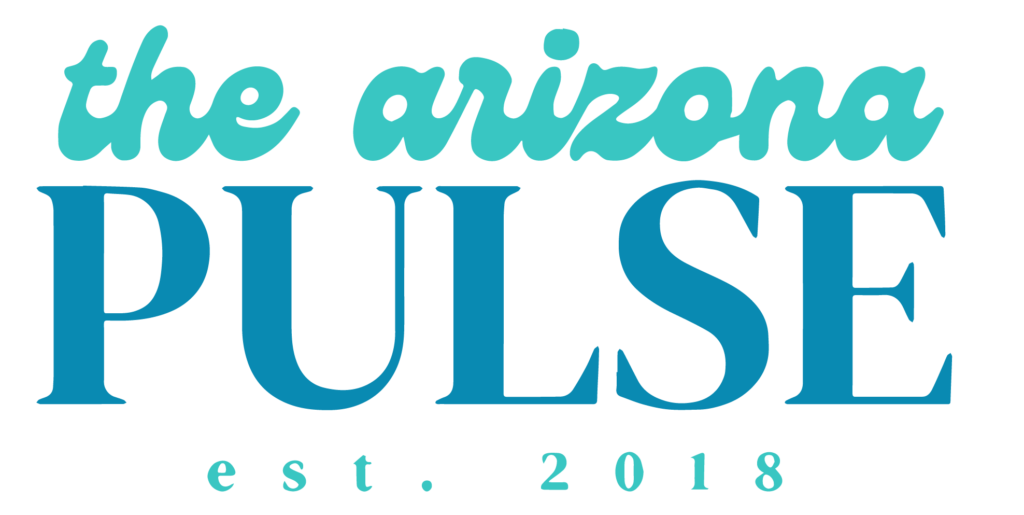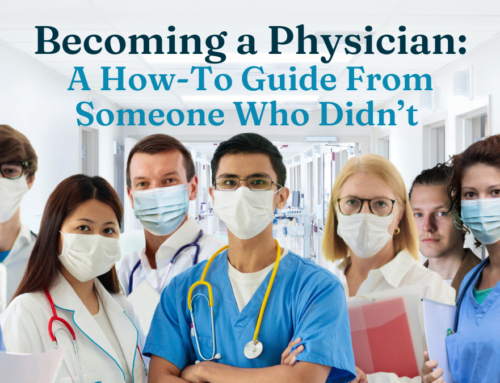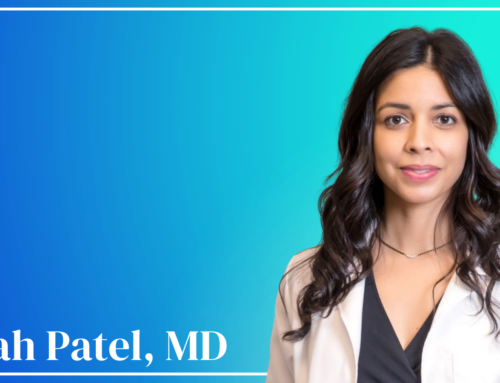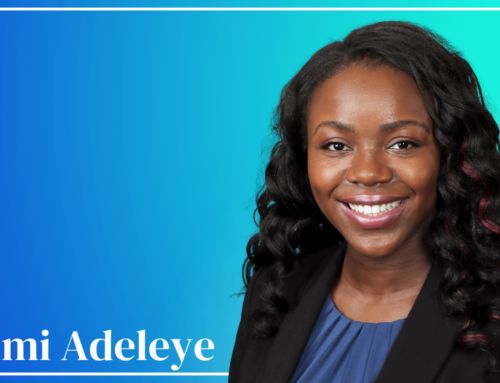More than 82,000 refugees have been resettled in Maricopa County since 1978, representing countries such as Cuba, Iraq and Syria. This population faces disproportionate health disparities, largely due to geographic, linguistic and cultural barriers to care.
Following an outreach trip to Nicaragua in summer 2017, Mayo Clinic Alix School of Medicine and Arizona State University (ASU) students connected to discuss the needs of this underrepresented community. Within the first few weeks of class, these students submitted a proposal outlining the need to help this specific population and requesting the formation of the Refugee Education and Clinic Team, also known as REACT.
In addition to its national impact, Mayo Clinic Alix School of Medicine also is committed to serving the communities in which each of its three campuses is located. Through its approval of REACT, the Arizona campus began its service to the refugee community.
REACT’s mission is to empower and partner with refugees living in Maricopa County by engaging with their communities, understanding their health disparities, educating on knowledge gaps and providing high-quality patient care. “It was a wonderful marriage of the medical students’ and ASU students’ desire and vision,” explains Michele Halyard, M.D., vice chair, Mayo Clinic Alix School of Medicine, and Dean of the school’s Arizona campus.
Mayo Clinic Alix School of Medicine and ASU students are working together to build REACT as a free, student-run clinic, providing education, medical care, and community resources to refugees. Community engagement is pivotal to the process, and the students have connected with resources already established in the community, working to build a medical and educational clinic.
Augustine Chavez, M.D., student interest adviser, Mayo Clinic Alix School of Medicine, says he is inspired by the students. He says they’ve been culturally sensitive, respectful and are listening carefully. They are also working on a community health needs assessment to ensure the longevity of the clinic.
“As a member of the inaugural class at Mayo Clinic Alix School of Medicine — Arizona [Campus], I wanted to make sure our student body has the opportunity to contribute to a project that serves disadvantaged communities in Phoenix,” explains Mayo Clinic Alix School of Medicine student Michael Sarvi, who is co-executive student leader of REACT. “We hope that this project will continue to grow and evolve long after our current cohort of students graduate.”
ASU student Chance Marostica, co-executive student leader of REACT, was compelled to become involved in the refugee community after hearing their stories. He wants REACT to be a way for students to engage with their community in a meaningful and impactful way.
REACT began as a grassroots project and continues to gain momentum as a fundamental service as the students develop the model. “At Mayo Clinic, we’re known for offering cutting-edge services and advanced techniques to solve complicated medical cases. What the students are doing with REACT is bringing a tangible, direct benefit to the community,” Dr. Halyard explains. “Our medical students experience and become skilled in cutting-edge medical technologies, but also develop roots in the community by providing this type of hands-on clinic care and education.”
Sheila Malekian (Mayo Clinic Alix School of Medicine), and Julia Lorence (ASU), are also REACT co-executive student leaders. “After emigrating to the U.S. from Germany, I became involved helping refugees in the Valley. I realized that their needs go beyond just shelter and food, and many of them suffered from health issues that were left unaddressed. Our collaboration with Mayo Clinic Alix School of Medicine students is wonderful, as we can address the refugees’ health issues with their expertise and knowledge,” Julia says.
REACT addresses the needs of a vulnerable population by bringing together students’ medical knowledge, personal backgrounds and overarching passion to help. “The student involvement in REACT will help them maintain their desire to help the underserved and marginalized populations regardless of where they end up practicing,” Dr. Chavez notes.





